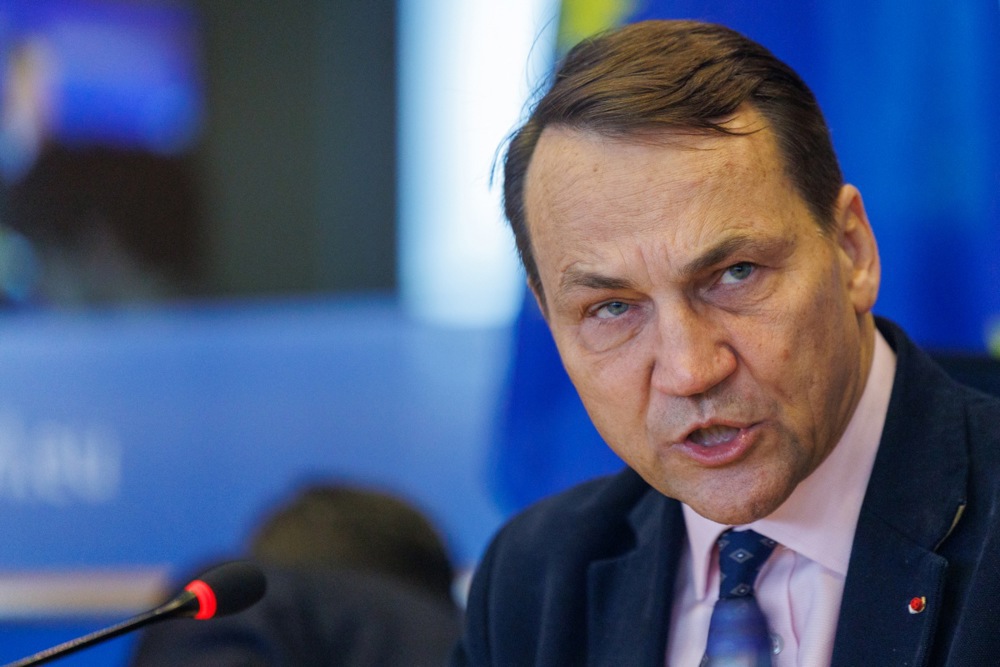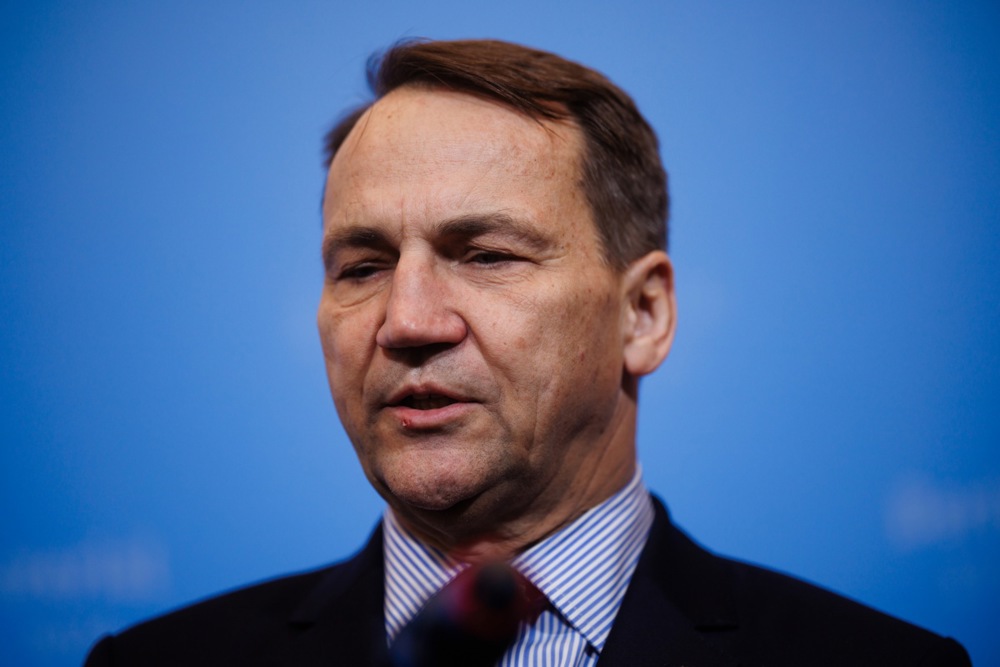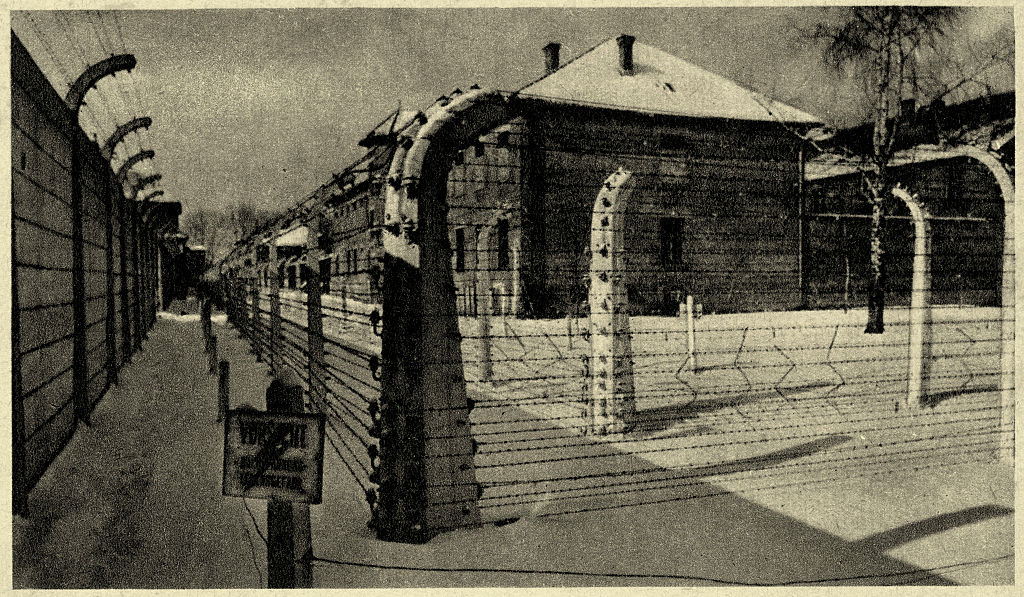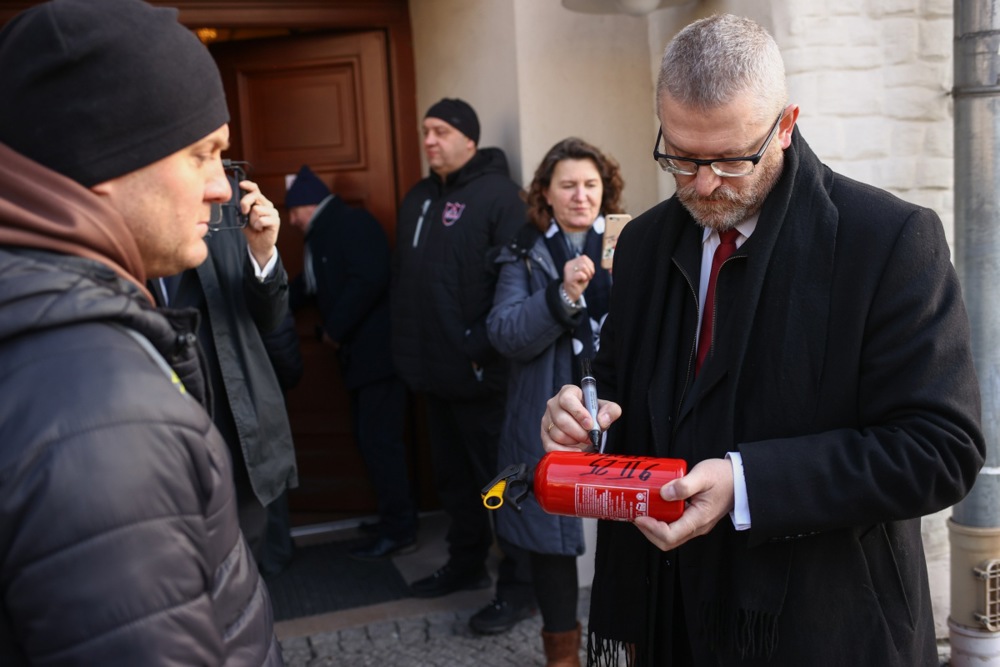The Polish ministry of foreign affairs has called on the Vatican to take action against two Polish bishops accused of making “harmful and misleading” remarks criticising the government and expressing concerns about mass migration.
In a note handed to the Vatican on July 15, the Polish Government accused the bishops of “slandering” the administration, “supporting nationalist groups” and “undermining fundamental principles of human dignity” with regard to remarks made about migration.
The comments allegedly were made by the clergymen during July’s pilgrimage to the Jasna Góra Catholic shrine organised by the Conservative Catholic broadcaster Radio Maryja.
On July 13, Bishop Wiesław Mering claimed Poland “is ruled by political gangsters” and “people who call themselves Germans” and added that “our borders are threatened from both the West and the East”.
Earlier at the same event Bishop Antoni Długosz claimed that “for decades, the Islamisation of Europe has been progressing through mass immigration” and “illegal immigrants create serious problems in the countries they arrive in”.
Długosz also expressed his support for the Border Defence Movement. That has been patrolling the border with Germany in an effort to prevent Poland’s western neighbour pushing migrants back into Polish territory.
Both the bishops were slammed by foreign minister Radosław Sikorski from the centre-left government led by Prime Minister Donald Tusk.
Sikorski said on July 13 that he “considers inciting against refugees in the name of the church, whose founder was a refugee, intellectually incoherent”.
A foreign ministry statement of July 15 criticised Bishop Mering for suggesting a “fundamental national disloyalty on the part of the government”. It added that such an “accusation is unacceptable from the perspective of sovereign authorities elected in a democratic process”.
The ministry alleged that Mering’s remarks contradicted the concordat governing relations between Poland and the Vatican. That gives the Church rights such as the right to teach catechism in schools but which also states that the clergy desist from active participation in politics.
The government note even suggested that the bishops were allegedly indulging in hate speech.
“The words of the two bishops mentioned are shameful and unworthy of the institution they represent and the faithful … We wouldn’t want such comments to be labelled as incitement or even hate speech,” it said.
It concluded with suggestions that the Vatican should take disciplinary action against the bishops.
“We kindly suggest that appropriate consequences be taken against the bishops, so that similarly unfortunate, false and unjustified statements do not appear in the future in public discourse, tarnishing the good name of the Catholic church.
“The Holy See has exclusive authority to appoint bishops, but this authority also imposes the obligation to bear the consequences of the actions of those appointed, including dismissing them, if they exceed the scope of good relations or violate the principles described in the concordat.”
The Catholic Church played an important role in opposing Poland’s Communist regime (1944-1989). It received a major boost to its standing and influence thanks to the fact that Pope John Paul II whose pontificate lasted from 1978 to 2005 was Polish.
Despite the fact that 70 per cent of Poland’s population still identify as Catholics, though, church attendances have fallen. The Church has in the past few decades been accused of becoming too heavily involved in Polish politics by those on the Left of the political spectrum.
The Catholic Church in Poland has also been rocked by allegations of sweeping instances of child sex abuse under the carpet, priests breaching their vows of chastity and a materialistic attitude displayed by some priests.
The clergy has defended its position by arguing it had every right to preach its message on the sanctity of life, the nature of marriage as being a union of man and woman and the immorality of same-sex relations.





